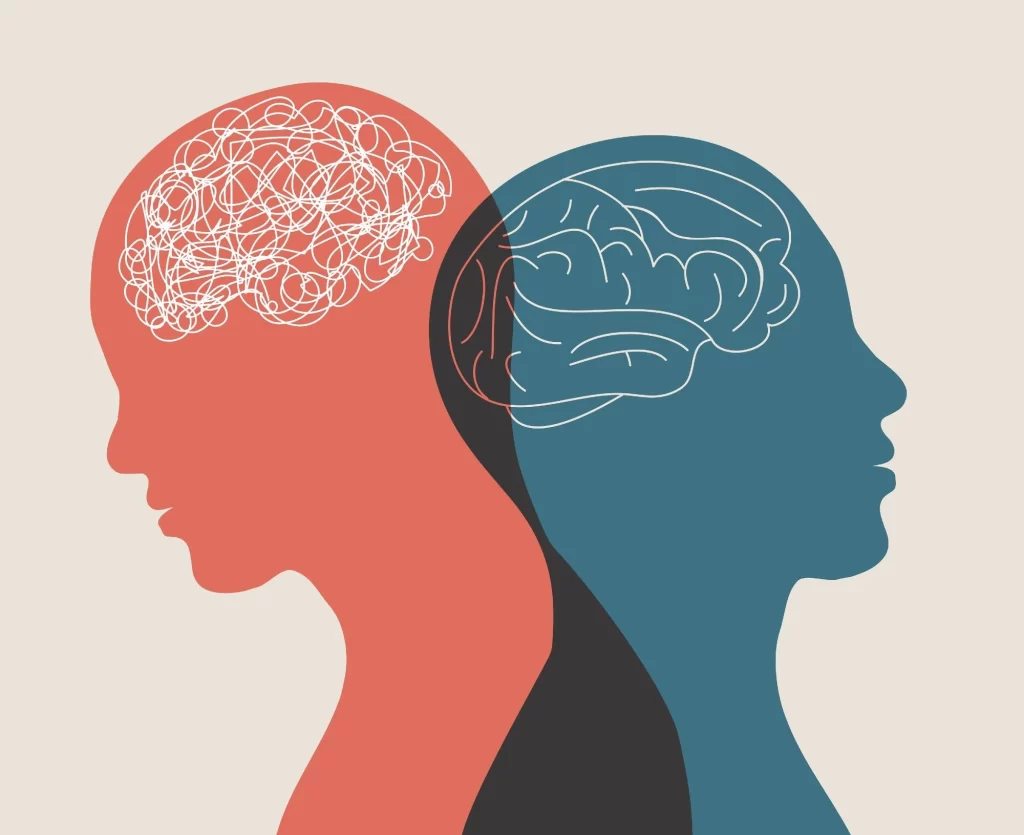If you were to ask a student-athlete if they have ever stressed over their performance in a game, their answer would most likely be yes. In a society where coaches expect the absolute best from their athletes at all times, the pressure is most certainly on. On top of that, there is also the stress of schoolwork and maintaining good grades. With this visible mounting of pressure, this bears the question: Can the expectations of the “student-athlete lifestyle” cause harm to one’s mental health?
The American Medical Society for Sports Medicine (AMSS and the NCAA looked into this intriguing dilemma and conducted studies. It was concluded that the pressure of sports could cause numerous psychological issues:
- Perfectionism- This is a personality disorder defined as “an achievement-related personality trait that includes the setting and pursuit of excessively high standards of performance together with overly critical self-evaluations.” This trait can boost an athlete’s anxiety about the way they perform in a game or meet, and it can even cause the quality of pessimism.
- Anxiety Disorders- This is a broad category, but according to the NCAA, multiple disorders under this category are found in student-athletes. Performance anxiety is connected to the anticipation one gets before a game or meet or feeling overwhelmed while performing. This disorder is common in athletes who develop a phobia after a sports injury. While less common than other disorders, generalized anxiety disorder is also found in student-athletes. This involves someone having excessive worry or apprehension to play that is difficult to control. Another disorder is social anxiety, which involves avoiding situations that make a student-athlete uncomfortable. This can vary from practices and games to social and team interactions. Though the statistics for student-athletes diagnosed with social anxiety are unreliable, symptoms were detected in 22.2% of male collegiate athletes and up to 37.3% of female collegiate athletes.
- Mood Disorders- Depression and bipolar disorder are examples of mood disorders. In an athletic setting, a mood disorder may present itself with anxiety, low frustration tolerance, isolation from teammates, and a lack of enjoyment.
- Eating Disorders – While both male and female athletes can acquire this, eating disorders are more prevalent in females. This issue is also more common in gymnastics and swimming as these sports can be judged by aesthetics, and people may be separated into different categories based on weight. Disorders with eating may cause one to doubt their ability to perform well in a meet or game or even question their self-worth.
- Body Dysmorphic Disorder- This is defined as “a preoccupation with an imagined defect in appearance that causes distress.” Male athletes are more prone to acquiring this, especially in sports that promote a sizable physical appearance.
The AMSSM commented on their findings and what causes these issues: “There is an interactive relationship between athlete personality characteristics and the athletic culture that may have both positive and negative effects on the individual athlete as well as the team or sport environment.”
In other words, the environment in which an athlete is in plays a part in the well being of said athlete. If a team is supportive, an athlete may not have as much performance anxiety.
With all of this being said, does this mean that sports cannot boost an athlete’s mental health? Of course not; sports have also been proven to help with anxiety and stress. According to Lifeworks Counseling Center, team sports can help someone by boosting their mood and improving sleep.
Nevertheless, there is still a large amount of evidence that points to the harm of sports. However, it must be understood that the tangible sport itself is not what always causes mental health issues; instead, it may be the environment surrounding the sport. Suppose someone gets overwhelmed easily or has previously had problems with anxiety and perfectionism. In that case, they may have more concerns over playing well in their sport than someone who does not suffer from those disorders.
All in all, sports can be helpful for some student-athletes and stressful for others. While this does not mean renouncing sports and believing they are always harmful, it is still essential to keep in mind the pressures that can be mounted onto the athletes involved.
